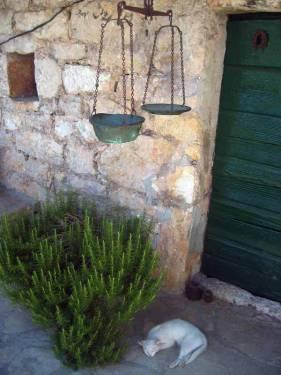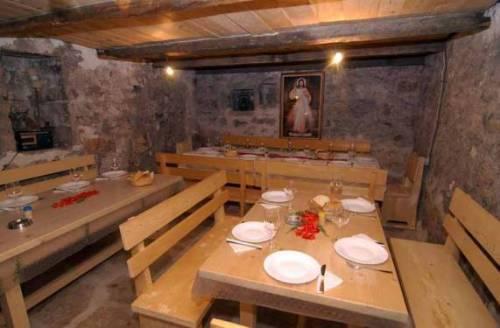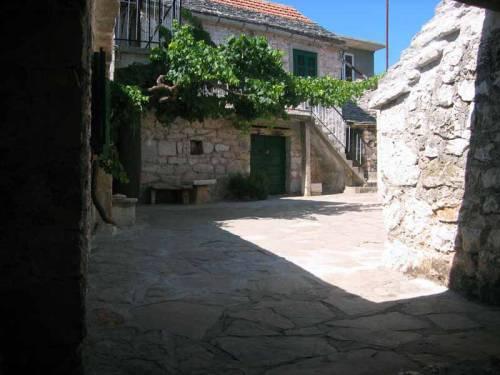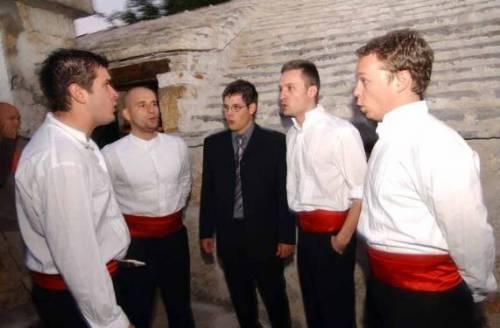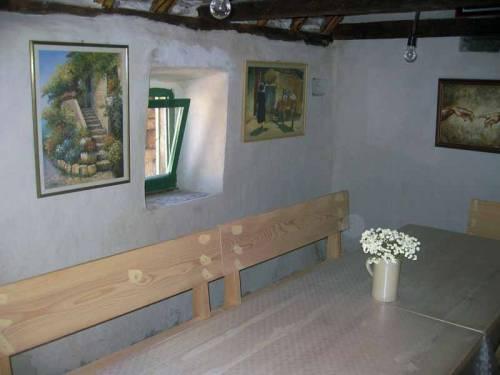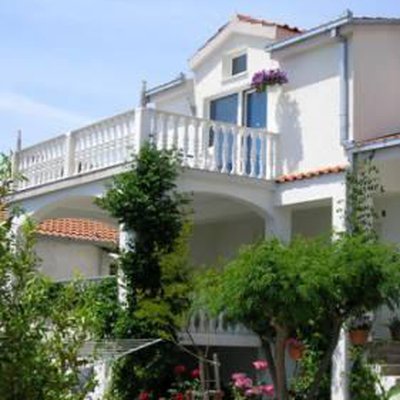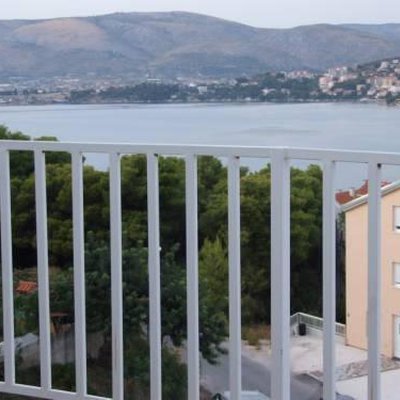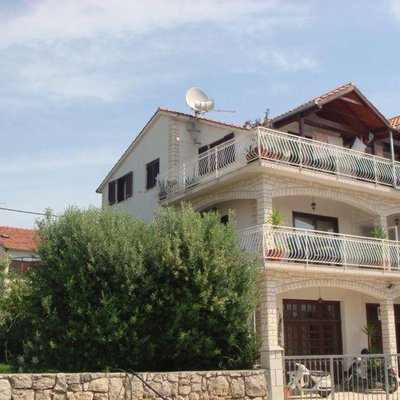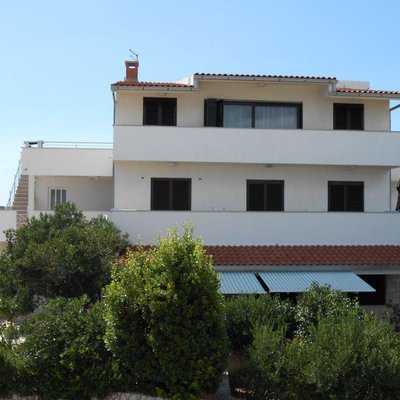Galjin Dvor - a rural household
Galjin court is endemic type of traditional architecture called Primosten. "court". It is, in fact, a very archaic part of the stone house close to a household garden. In recent years, compassionate and diligent hosts, the doors of its primeval court shy odškrinuli visitors from around the world, all radoznalijim for Mediterranean cuisine and exotic rural eco-tourism.
In middle-rocky hinterland, only few kilometers away from the bustle of the sea shores, hid a group of about twenty small villages scattered and South Primosten Primosten Burnji. Walking through the vineyards, olive groves and stone streets where everyday life is unimaginable without the donkeys and mules, the best you can see all the charm of the Dalmatian hinterland, where the rural way of life for centuries is not significantly changed. Villages surrounded by fields that have persistent heavy žuljavim hands for centuries, "took away" what little rocky to cultivate land and odnjegovao of grapes, olives, figs, almonds ... Today there is more houses than people and the quiet stone streets cry out for more youth who almost live here. As to the hands of time are interwoven with ancient olive trees and left this region intact, sleeping in sparnoj fog stone walls and bright red soil, in ravnovjesju coexistence of man and nature.
In recent years, compassionate and diligent hosts, the doors of its primeval court shy odškrinuli visitors from around the world, all radoznalijim for Mediterranean cuisine and exotic rural eco-tourism.The hinterland of Primosten, his second, janusovsko face, a virtually forgotten in the silence of the universe century church tower and sheltered in a stone house in which poetry is the time stopped.
Galjin Palace is one of these endemic types of traditional architecture called Primosten. "court". It is, in fact, a very archaic part of the stone house close to a household garden. Houses were stone masonry stone that is covered with stone slabs. Initially these were the only dwellings that are in the 20 century houses, some raised floor.
The palace is entered through a large double doors behind which is a covered area called "the thesis" through which access to the courtyard. It is surrounded by these old stone houses, among which is the main course was "kužina" ie vatrenica with "grill" (hearth). According to some historical sources, over three hundred years old. This is actually a room in which the old days the most visited. There pekao bread baked dishes, stove in the old bronzinima of fire, the cuisine to eat, stayed. There are, after heavy radonog days in the field, exhausted workers rested with fire and glass Babic.Often in such circumstances and Primošten sang old songs, and prayed the Rosary (Rosary).
Odolijevali the tenants (as historically known inhabitants of the hinterland of Primosten), and facial features of their old age reflect the strength and defiance of the sometimes brutal climate and a hard land that for centuries and lasuna handled hoe. And through all this time to preserve their tradition of living, culture and religion.
Court was actually divided into residential and business part. So that part of the house in a residential area svakodenevni peasant life, dining, sleeping prstorije, kužina, cottage with barn in which is kept dry beans, lentils, salted beans, dried figs ... and certainly unavoidable in the cellar in wooden barrels stored wine (most Babic, an autochthonous species in this region) and oysters (a container of cut stone) olive oil. In the economic area were stable (stable). Life was unthinkable without the baggage (ass), or mules, sheep and goats whose milk is high quality cheese that is kept in oil and has a distinctive flavor of this region.
Family Zupanovic (Galjini), who has lived here for generations and generations that are already engaged in wine and olive oil, in order to preserve this jewel Primošten tradition of living and decided to build a house and rebuild it in prenamjeniti you travel purposes. Galjin court protected monument by the Croatian Ministry of Culture.
